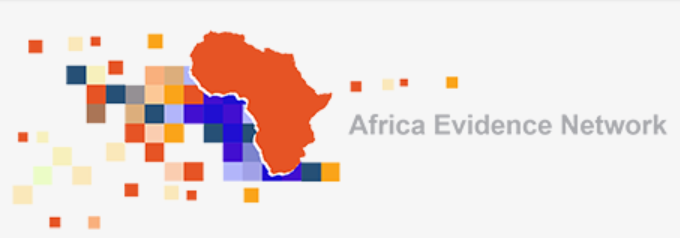
Dr Rhona Mijumbi-Deve presenting on rapid respond services in Uganda at the 2017 Global Evidence Summit in Cape Town, South Africa.
It was everything it promised to be – big, fun and informative. It was big – from all the full flights weeks before, to the immigration officer expressing surprise at the numbers he had already cleared to come in when I got to the airport, to that first day in the registration queue – there was no doubt. If you were at that opening reception and touched that drum, or if you grabbed the tours’ opportunities, you know what I mean by fun. But most of all, if you went to even just one session of the Global Evidence Summit in Cape Town, you probably did not leave feeling the same way you came in. There was so much new information to absorb or reminders of our responsibilities as researchers, evidence entrepreneurs and supports to the decision making processes.
The opening ceremony laid out a sort of frenzied mood. Former Minister Trevor Manuel welcomed the over 1000 delegates reminding them that evidence use could not be divorced from social policy and broader national goals. Shortly after the AEN’s own Prof. Ruth Stewart reminded the audience that relationships in EIDM matter. She described efforts of bringing evidence and decision makers together with people and networks. She later made that invitation to us, that if we wanted to go fast, we could go alone, but that if we wanted to go far, we needed to go together. Along with similar messages from the other speakers at the opening plenary, the stage was set.
A number of delegates were like myself. We had a number of sessions that we were a part of as presenters or facilitators. In addition, there were side meetings to attend, making the most of a rare chance to have collaborators and partners in one place for the rare face to face meeting. There were also posters and booths filled with more information. In one of these, you were bound to go away with a new message, you were bound to get into some intellectual argument and you were bound to contribute something to someone. It was a real market place – in a good sense.
Many messages stayed with me. Caroline Weinberg’s argument that evidence does not speak for itself, we need to speak for the data and therefore need to engage the community, especially because facts are very value-laden and need to be framed into appropriate narratives. And the one on the fact that public engagement is not talking to the public but actually listening to them. How about the one where evidence is coming into humanitarian work as seen from the IRC’s presentation and work coming out of Lebanon. Our own work from the rapid response service in Makerere University show-cased some success stories that we hope are an encouragement to the evidence entrepreneurs’ community that their work is not in vain. There was so much but my best moment was at the launch of the Alliance’s guide for rapid reviews for health policy and systems research. This is a timely piece that myself and several colleagues at St. Michael’s hospital in Canada and the Alliance have been working tirelessly on. Seeing it come to fruition at this summit was the highlight of the week.